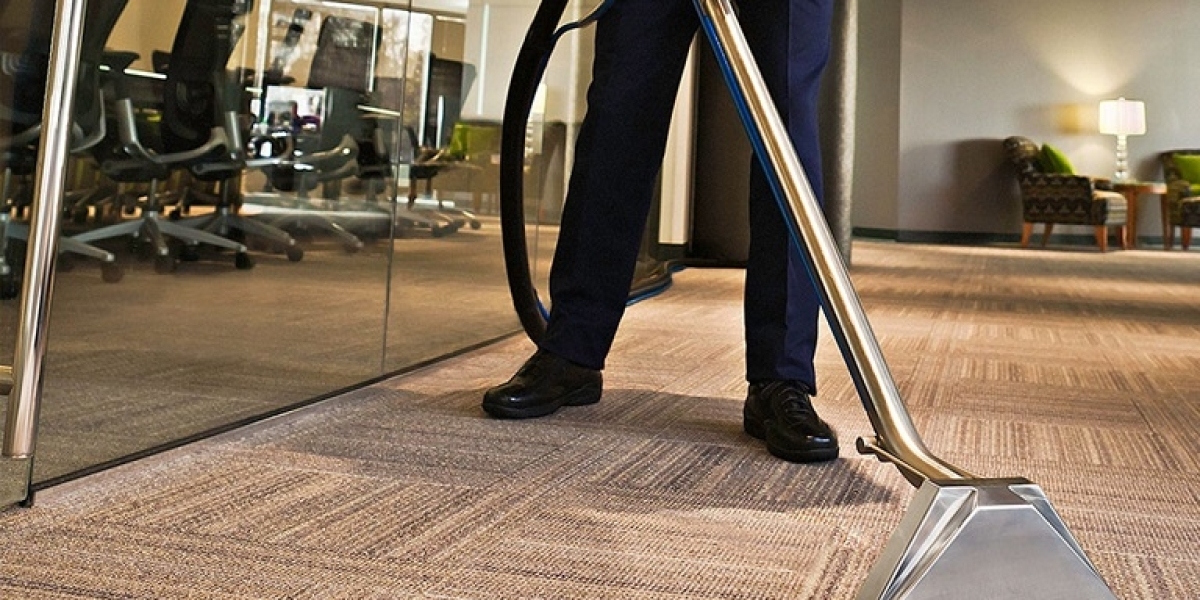In recent years, the field of window repair has seen remarkable advancements, particularly with the introduction of smart glass technology. This innovative approach not only enhances the functionality of windows but also addresses common issues associated with traditional window repair methods. As homeowners and businesses seek more efficient and sustainable solutions, smart glass technology stands out as a game-changer in the realm of window repair.
Traditionally, window repair has involved replacing broken panes, resealing leaks, or restoring the original aesthetic of windows. While these methods are effective, they often require significant time, labor, and resources. Moreover, they do not necessarily improve the overall energy efficiency or comfort of a building. Smart glass technology, on the other hand, offers a more dynamic solution that can transform how windows are perceived and utilized.
At the heart of smart glass technology is the ability to control the transparency and thermal properties of glass. This is achieved through various mechanisms, including electrochromic, photochromic, and thermochromic technologies. Electrochromic glass, for instance, can change its tint in response to an electrical charge, allowing users to adjust the amount of light and heat entering a space. This adaptability not only enhances comfort but also reduces reliance on heating and cooling systems, leading to significant energy savings.
One of the most significant advantages of smart glass technology in window repair is its potential to address common issues such as heat gain and glare. In traditional windows, excessive sunlight can lead to uncomfortable indoor temperatures and increased energy costs. Smart glass can mitigate these problems by automatically adjusting its tint based on environmental conditions, ensuring that spaces remain comfortable year-round. This capability is particularly beneficial in commercial buildings with large glass facades, where managing heat gain is a critical concern.
Moreover, the integration of smart glass technology can enhance the aesthetic appeal of a building. Traditional window treatments, such as blinds and curtains, can obstruct views and reduce natural light. Smart glass eliminates the need for these bulky additions by providing an elegant solution that maintains visibility while controlling light and heat. This seamless integration of function and design is particularly attractive to architects and builders looking to create modern, energy-efficient structures.
In terms of repair and maintenance, smart glass technology also offers advantages over traditional windows. Many smart glass products are designed to be more durable and resistant to wear and tear. For instance, some types of smart glass feature self-cleaning properties, which reduce the need for regular maintenance and upkeep. This is particularly advantageous for high-rise buildings, where window cleaning can be a challenging and costly endeavor.
The installation of smart glass can also streamline the window repair process. With traditional windows, repairs often involve removing and replacing entire panes, which can be labor-intensive and time-consuming. Smart glass systems, however, can often be retrofitted into existing frames, minimizing disruption and reducing waste. This ease of installation makes smart glass an attractive option for both new constructions and renovations.
From an environmental perspective, the adoption of smart glass technology in window repair aligns with the growing demand for sustainable building practices. By improving energy efficiency, smart glass can contribute to a building's overall sustainability rating, reducing its carbon footprint and promoting a healthier environment. Additionally, many smart glass products are manufactured using eco-friendly processes and materials, further enhancing their appeal to environmentally conscious consumers.
As smart glass technology continues to evolve, we can expect even more advancements in the field of window repair. Innovations such as integrated sensors and smart home compatibility are on the horizon, allowing for even greater control over window performance. For example, smart windows could be programmed to adjust automatically based on the weather forecast, optimizing energy use and comfort without any manual intervention.
The cost of smart glass technology has historically been a barrier to widespread adoption. However, as manufacturing processes improve and economies of scale are realized, prices are expected to decrease, making smart glass more accessible to the average consumer. This shift could lead to a broader acceptance of smart glass in residential settings, further driving innovation in window repair and design.
In conclusion, the advent of smart glass technology represents a significant advance in the field of window repair. By offering enhanced functionality, energy efficiency, and aesthetic appeal, smart glass is transforming how we think about and interact with windows. As the technology continues to develop, it holds the potential to redefine not only window repair but also the overall design and operation of buildings. For homeowners and businesses alike, embracing smart glass technology could lead to a more sustainable, comfortable, and https://www.houzz.co.uk/professionals/windows-and-glazing/ideal-glass-pfvwgb-pf~130732540 visually appealing environment, making it a compelling choice for the future of window repair.








